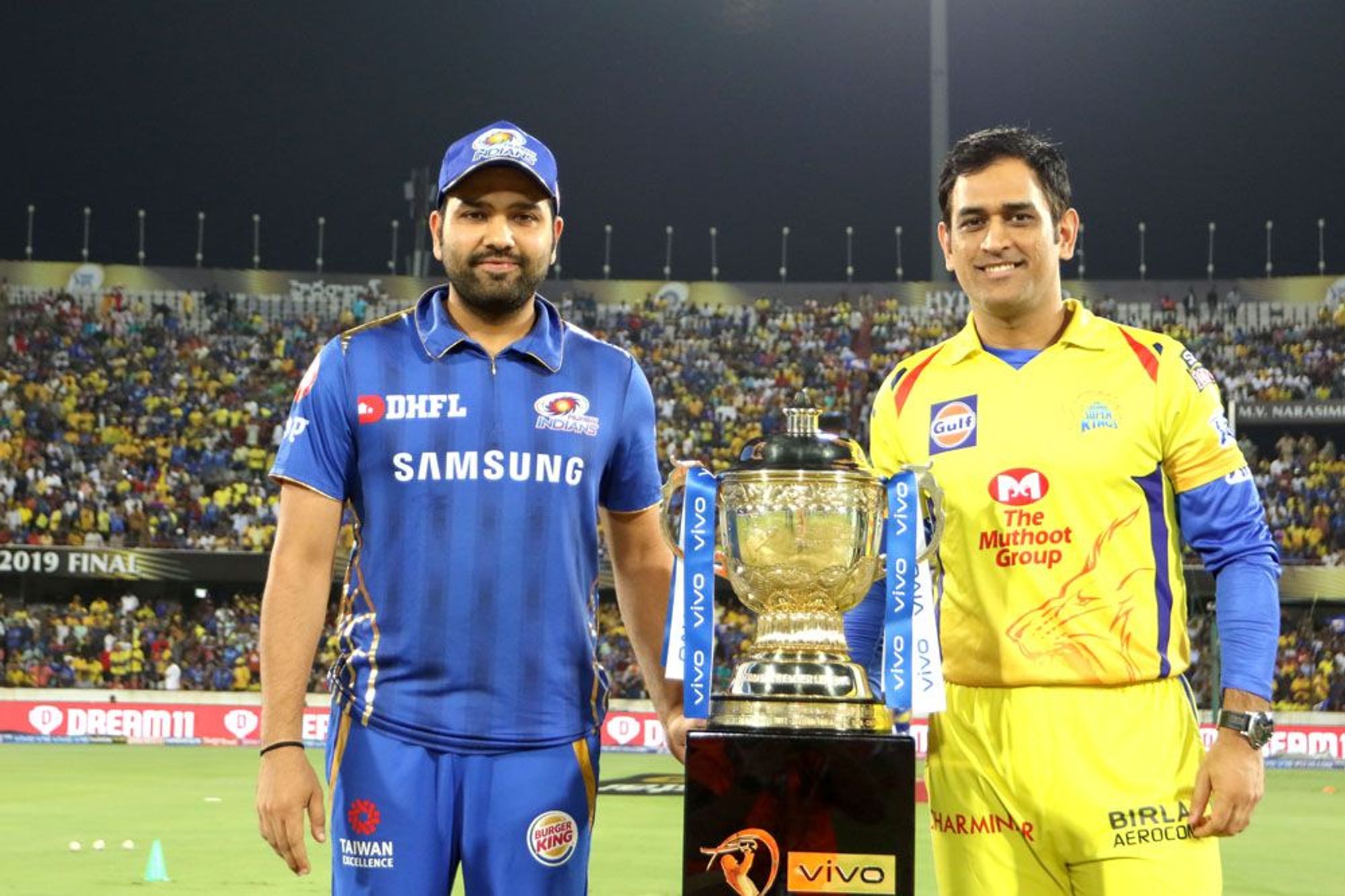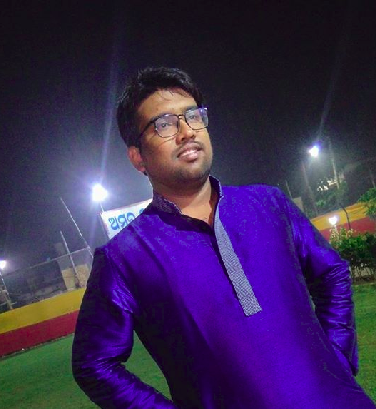The long and short of the unique corporate race for IPL title sponsorship
So VIVO has dropped the ultimate bombshell, leaving the BCCI sponsorless for the hottest property in the cricketing world in the middle of a health and economic crisis around the world. With Jio, Amazon, Byju’s being the front-runners in the race, what would you really make out of it?

After the June border skirmish at the Line of Actual Control (LAC) between the Indian and Chinese armies, the Indian Premier League had tweeted that they would review their ties with China-based companies in the future and the Governing Council meeting had discussed that in detail. While the public sentiment in India since the border tension and the subsequent ban on 59 Chinese apps by the Indian Government was anti-China, having VIVO as the title sponsor was always going to be a PR disaster for the BCCI.
However, that said, the difficulties of having a fresh sponsor amidst a global pandemic meant it was unable to cut ties with Chinese mobile giant, who had agreed to pay Rs 2,199 crore for a period of five years, which translates to a huge 440 crore per year. On top of that, this year, the board treasury was spending more than 40-50% than normal as the hosting fees, keeping the Emirates logistics in mind.
For the record, the VIVO deal allowed the BCCI the unified luxury of spending a little more because the deal gave them a premium of almost 455% more than the last PepsiCo deal. To put this in perspective, PepsiCo paid around Rs.396 crore in 2012 for title sponsorship for a five-year period between 2013 and 2017. It was a solid deal as per the market price during that time - both financially and in terms of strategic brand awareness point of view. At the time of pulling out, the beverage giant had claimed that the BCCI had breached its contract and “the fraudulent and illegal activities committed in the IPL adversely affected the image of the IPL as also the game of cricket...”
Many feared it would work against the BCCI’s plan of building on the IPL’s reputation, which had already been tampered by match-fixing and the subsequent bans that were dished out after that, but since the board brought VIVO as the title sponsor, the water has flown in a different direction, with the board landing a bigger coup than expected. From the deal alone, the BCCI secured an asset of 220 crores every year, with another 220 crores being distributed among the eight franchises as a part of the revenue sharing model. It was a great luxury but that according to a few industry insiders, was almost 30% more than the figure realistically expected from the product itself.
Now that VIVO is gone, the valuation is sure to take a dive, so much to an extent that the BCCI's earning might fall down by around 150 crores in the process, without even accounting for a matched amount they pay to the franchises. A top industry expert, with experience of over 30 years in Indian business media sector, during an interaction with SportsCafe, predicted a windfall of 275% even though top corporates like Reliance Jio and Amazon have joined the race. Meanwhile, Byju’s, who has the Indian team and KKR’s primary sponsorship under its kitty, and IPL’s associate sponsor Dream11, and e-commerce giant Amazon are eyeing the title sponsorship, but they are now being mum about it to test BCCI’s desperation.
SportsCafe understood from their discussion with a few franchise officials that the teams urged the BCCI to have a cross-table discussion with the interested parties instead of wasting time in the bidding process, especially considering the teams would fly out in less than two weeks. According to a ToI report, the deal would come to fruition by the next four-five days, allowing the boards to print their jersey well in advance.
However, the contradictions of it all leave a big question on the table - something Ness Wadia had been repeating time and again in almost all his interviews since the IPL plan has come to be. According to Wadia, this would be the most-watched IPL ever, purely because of lack of Indian cricket content in the last few months and it would make business sense for all the sponsors to be involved in India’s biggest cricketing carnival. Wadia understands the Indian market better than most of us simply because he is Ness Wadia, then why would the sponsors be reluctant to pay off?
Consider this. In this difficult economic climate, if three companies can claim to be better placed than most is Mukesh Ambani’s Reliance, Jeff Bezos’ Amazon, and Bangalore-based Byju Raveendran-owned Edu-tech company Byju’s, simply because of the nature of their work. While Reliance and Amazon's business are pretty much self-explanatory, Byju’s is currently one of the fastest-growing companies and raised a fresh round of funding from a global technology investment firm, Bond at an undisclosed amount in late June after Tiger Global had invested $200 million in January. With a market worth of eight billion USD, Byju's is currently the second-most valued start-up after Paytm, which is valued at 16 billion USD.
In an ideal world, this should have meant a fierce bidding war, because Jio, Amazon and Byju’s basically run on visibility and in India, nothing guarantees them visibility as much as the Indian Premier League branding does. But the factor of minimal player engagement and the time factor to shoot for the required number of advertisements means there has been a reluctance among the corporates. That aside, the BCCI not guaranteeing them a continuation with the current price doesn’t put the bodies in a good position.
In a week’s time, things will have their own discourse. The IPL, in all probability, will land a title sponsor before franchises board the chartered flights to the United Arab Emirates. But this much is sure - the up and down game in the advertisement industry will have a huge bearing on who gets to deliver the biggest flow of the year.

Comments
Sign up or log in to your account to leave comments and reactions
0 Comments